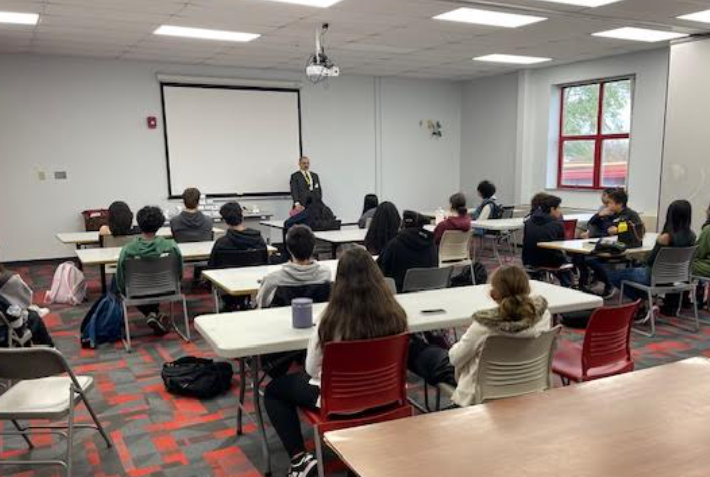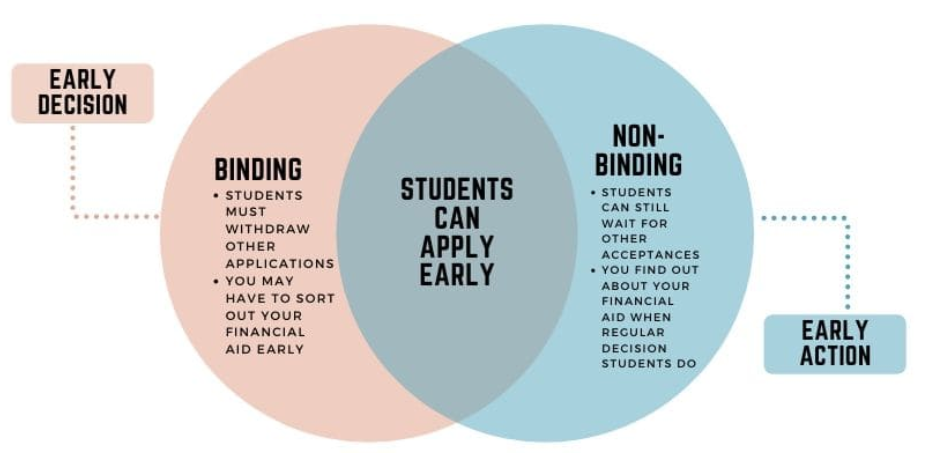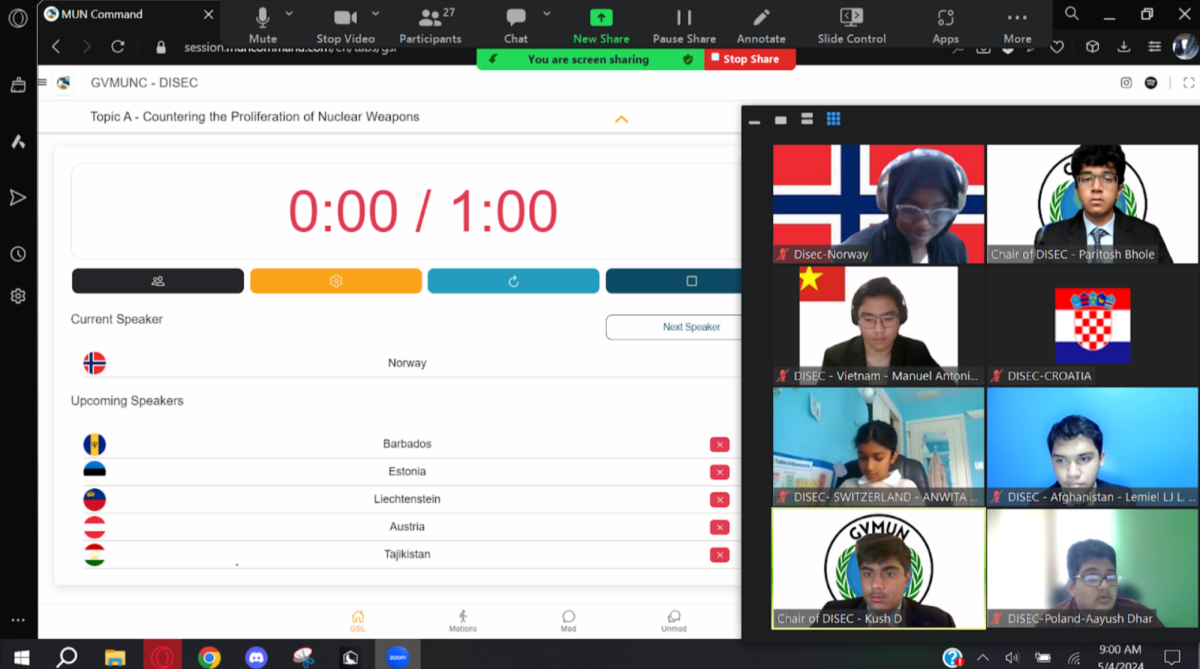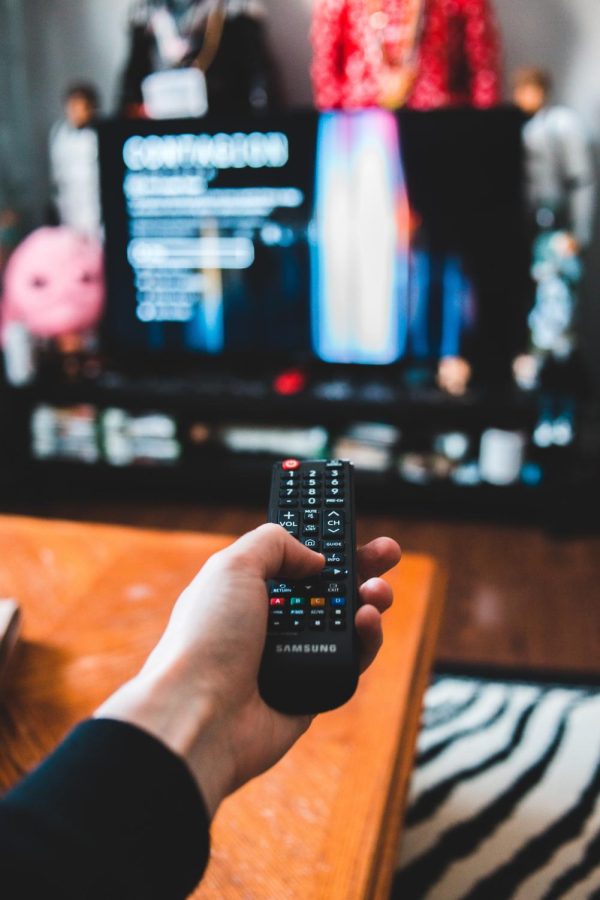Procrastinating is a common struggle for many of Bridgewater-Raritan High School’s students, often leading to stress, last-minute cramming and lower grades. Whether it is delaying studying for a test or overlooking a long-term assignment, procrastinating tends to have serious consequences.
There are various reasons why students procrastinate: one of the biggest reasons being a lack of motivation. Many students find certain subjects boring or difficult, leading them to avoid the work altogether. On the contrary, some students struggle with time management.
Sophomore Maanvita Konka spoke on her experience with procrastination.
“I struggle to complete my assignments on time because I overestimate the time I have and end up cramming at the last minute,” she said.
Another reason students struggle with procrastination is because distractions—social media, video games and even texting—play a major role in delaying school work. However, some students also deal with perfectionism; people may avoid starting an assignment because they fear it won’t be good enough.
Unfortunately, procrastination has serious impacts on many students’ mental health. Increased procrastination can lead to increased levels of stress, an increased burden placed on social relations and even resentment from family or friends (Prem et al., 2018).
Major procrastination can lead to poor test performance, lower grades and decreased self-confidence. Over time, delaying work can cause anxiety and make minor tasks feel overwhelming.
Sophomore Sri Kakarla, someone enrolled in AP coursework, talked about how she approaches her workload.
“I feel overwhelmed by the end of the marking period due to many due dates and assignments,” she said.
However, procrastinating can be overcome with the right strategies. One of the most effective methods is to break tasks into smaller sections instead of viewing the work as one big assignment. This can make the task feel less overwhelming and give you more motivation to complete the task.
Using a planner to set deadlines for each step can also help keep track of progress. Another strategy is removing distractions such as social media; simply putting away your phone while studying can help increase concentration.
By understanding why procrastination happens and the implications of simple methods to manage time better, students can help reduce levels of stress and improve their academic success.














































